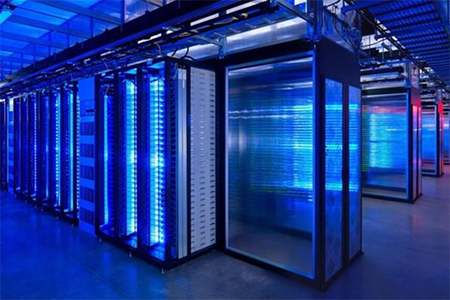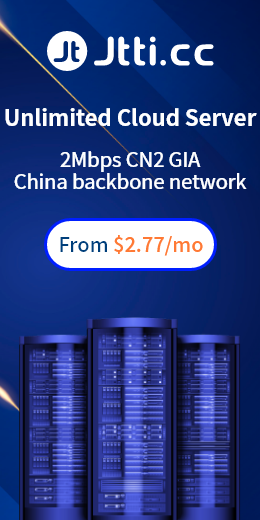Choosing a server hard drive type (SSD or HDD) often depends on your specific needs and budget. Here are some features and comparisons of SSD and HDD hard drives to help you make a better decision:
SSD hard drive (solid state drive)
Advantage:
Fast: SSD hard drives are faster than HDD hard drives because they do not rely on rotating mechanical parts. This means faster boot times, faster application loading, and faster data transfers.
Low latency: SSD hard drives have very short access times, so they can respond to read and write requests faster.
Durability: SSD hard drives have no moving mechanical parts, so they are relatively more durable and more resistant to vibration and impact.
Energy saving: SSD hard disk consumes less power and is more energy-saving than HDD.
Disadvantages:
Higher cost: SSD hard drives are relatively more expensive, and the storage cost per GB is usually higher than HDD.
Relatively small capacity: Currently, the price of high-capacity SSD hard drives on the market is relatively high, so it may become a problem if large-capacity storage is required.

HDD hard drive (mechanical hard drive)
Advantage:
Low cost: The storage cost of HDD hard disk is relatively low, especially in terms of large-capacity storage.
Large capacity: HDD hard drives usually provide larger storage capacity and are suitable for application scenarios that require a large amount of storage space.
Disadvantages:
Slower speed: Because HDD hard disks rely on rotating mechanical parts, their speeds are relatively slow, especially in terms of data reading and writing and random access.
Mechanical failure: Because HDD hard drives have moving mechanical parts, they are relatively susceptible to mechanical failure.
Higher latency: Compared with SSD, the access latency of HDD hard disk is higher.
how to choose:
Performance requirements: If your application has higher performance requirements, such as faster read and write speeds and lower access latency, then SSD is a better choice.
Budget: If you have a more limited budget but need large-capacity storage, HDD may be a more suitable choice.
Mixed use: Some users choose to use SSD as the installation disk for operating systems and applications, and use HDD as a large-capacity data storage disk to strike a balance between performance and storage capacity.
Overall, SSDs are gradually becoming the first choice, especially for applications that require higher performance and faster response. However, due to cost factors, HDD still has its application scenarios in large-capacity storage needs. Depending on specific needs, a combination of the two can be considered.

 EN
EN
 CN
CN









